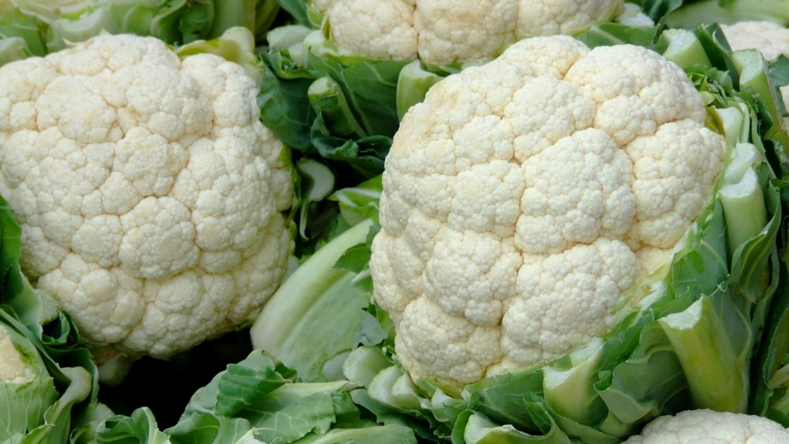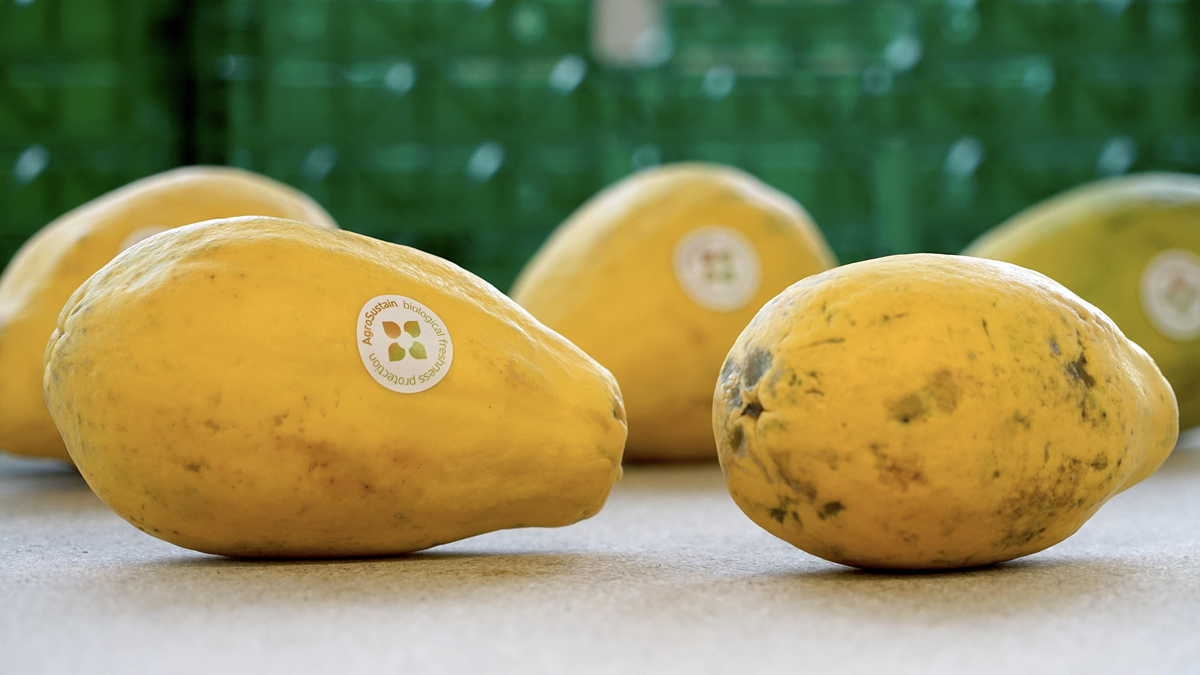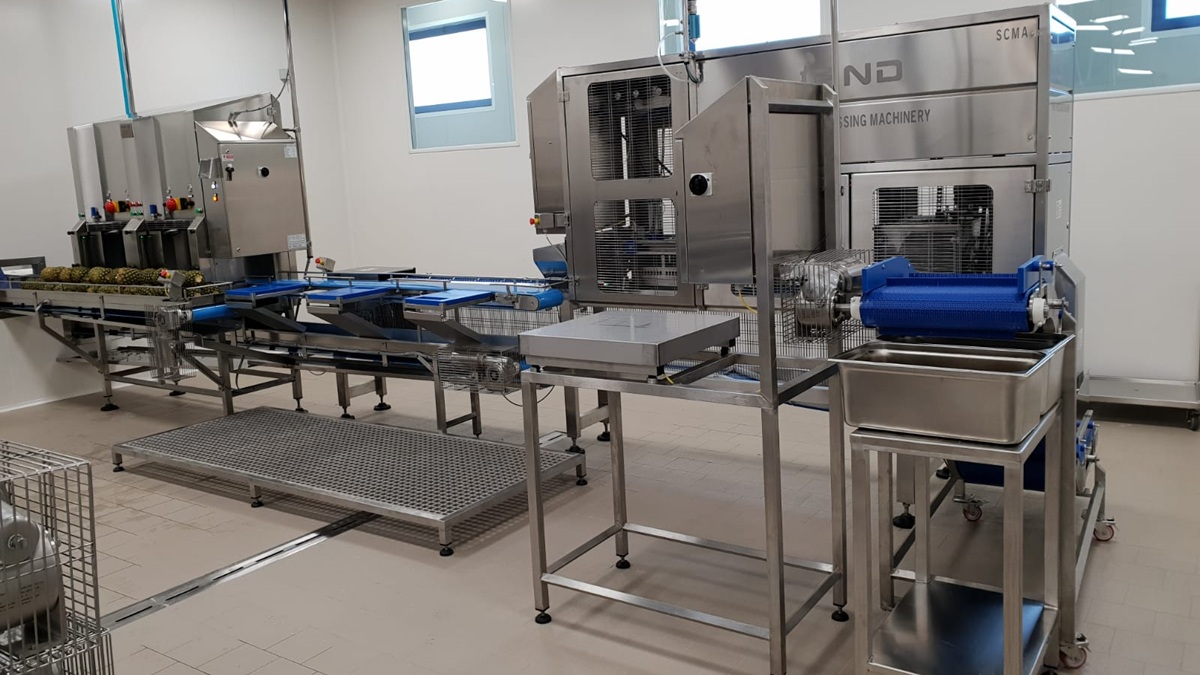Actualidad
How to achieve a quality Hass avocado?
"Global Quality of Hass Avocado: Foundations for Responding to Post-Harvest Management Challenges" is a bulletin from Chile's National Agricultural Research Institute (INIA) that analyzes the factors and technologies that influence the quality and preservation of Hass avocados. This publication, which is divided into nine chapters, covers key topics for ensuring fruit quality from the farm to the consumer
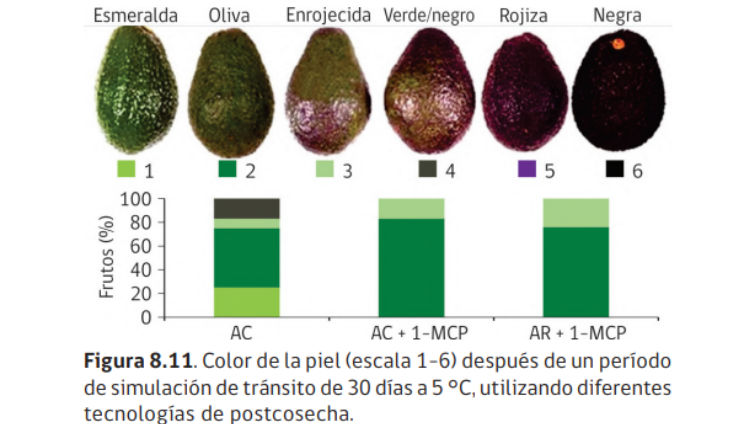
Redaccion
Chile is a fruit-exporting country, shipping various types of fruit to markets that often involve considerable distances and, therefore, extended transport times. This situation has led its technicians and producers to specialize in post-harvest management techniques that ensure products with adequate quality.
Researchers from various institutions have studied the best possible management practices, also taking into account the influence of field factors.
A publication by INIA (The National Agricultural Research Institute) titled "Global Quality of Hass Avocado: Foundations for Responding to Post-Harvest Management Challenges" compiles, through a series of chapters, an analysis of the factors involved in obtaining a quality product and maintaining it until it reaches the final consumer. It considers the external, internal, and nutritional quality of this market-leading variety, as well as emerging physiological disorders. The topics covered include an update on the latest knowledge regarding avocado physiology, the understanding of which allows for the design of appropriate management strategies to achieve the desired quality.
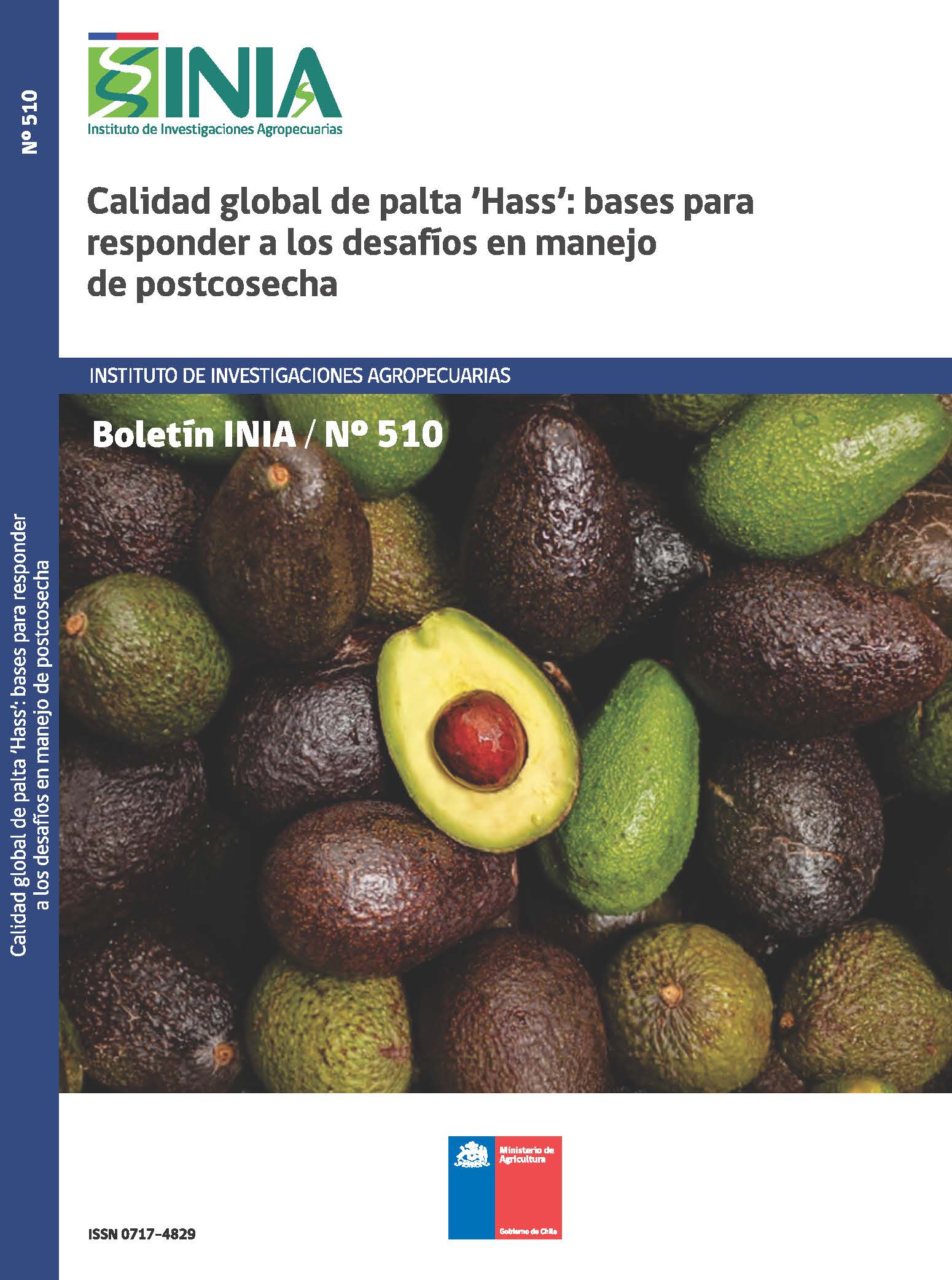
The bulletin is composed of nine chapters.
The sections in the bulletin cover commercialization, fruit composition, the effects of environmental stress on quality, sanitation, and available technologies for maintaining quality, such as controlled atmospheres and ethylene management. One section is dedicated to complementary technologies, considering different types of packaging capable of improving preservation, along with the application of essential oils, irradiation, thermal methods, etc.
ACCESS to the publication details.
The image is part of the chapter "Ethylene: Importance of its Regulation in Post-Harvest Management"


